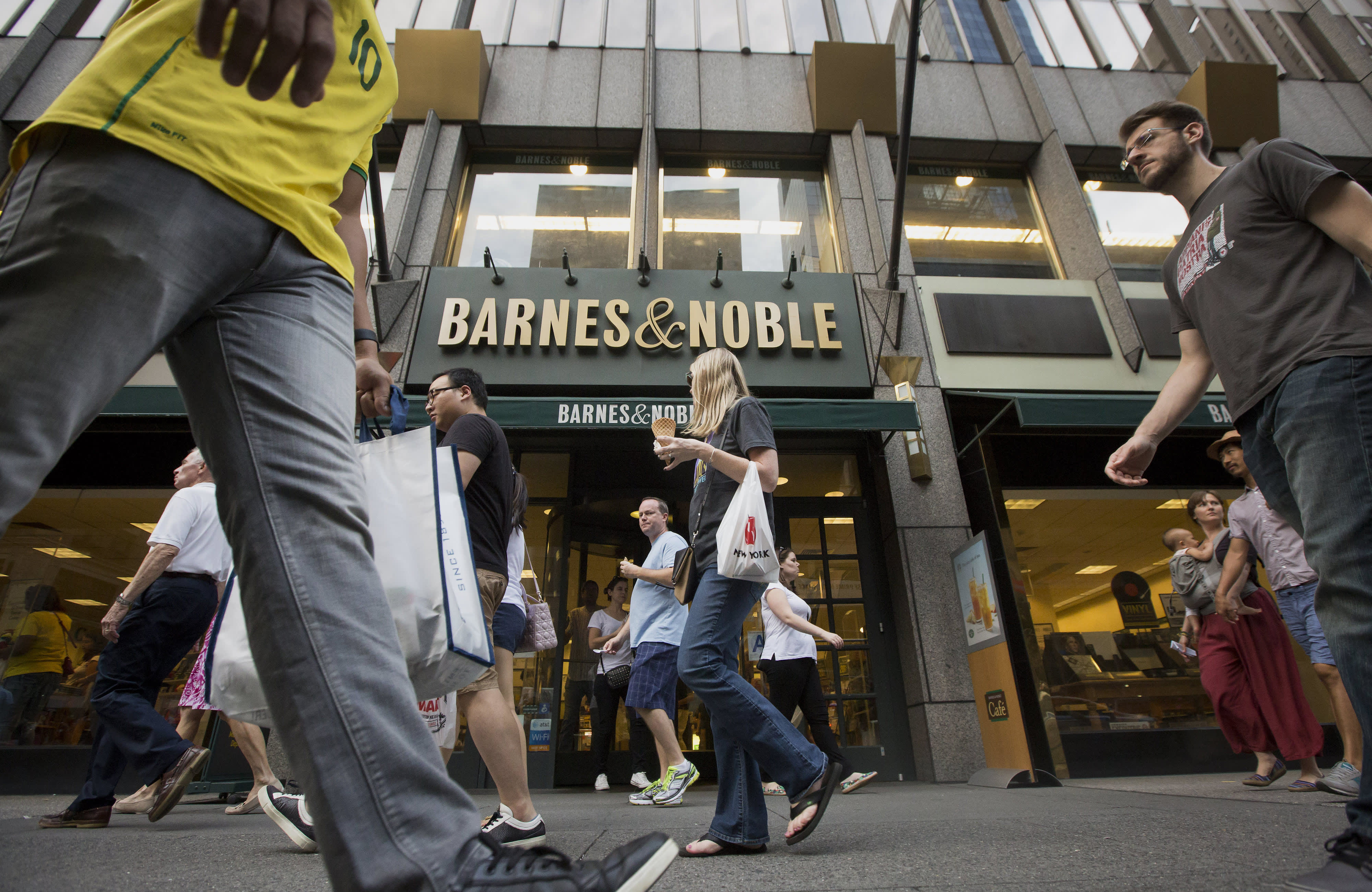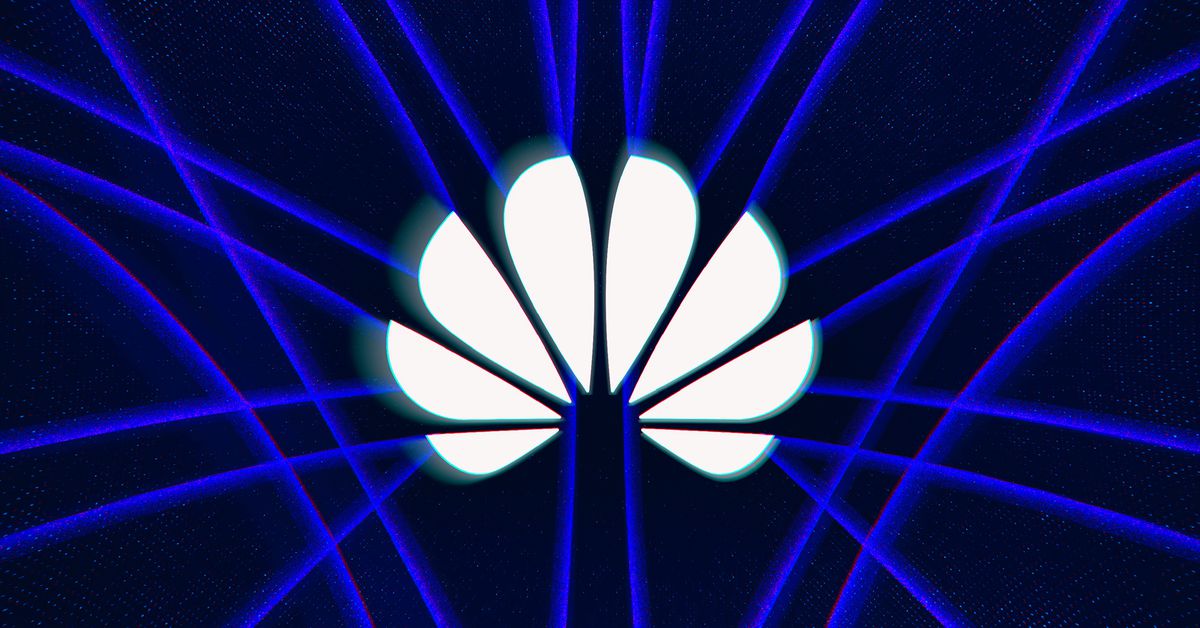
Barnes & Noble
Michael Nagle | Bloomberg | Getty Images
Activist firm Elliott Management announced Friday it plans to acquire bookseller Barnes & Noble for roughly $683 million, including debt.
The deal values Barnes & Noble at $6.50 a share, a 43% premium to the retailer's 10-day volume weighted average closing share price before news of an imminent deal leaked Thursday.
After the announcement, the stock was up 10% to $6.56 per share, in premarket trading.
Barnes & Noble has faced continued pressure from Amazon and independent booksellers. Its shares had fallen roughly 25% year to date before the news leak. Within the past five years, Barnes & Noble has lost more than $1 billion in market value.
Amazon holds nearly half of new book sales, a report by audience research Codex Group said last year, while Walmart has about 4.2 percent of the market
In search of a turnaround, Barnes & Noble said last year it was exploring a sale after having received "expressions of interest" from "multiple parties," including its chairman, Leonard Riggio, who founded the company in 1965.
Riggio has entered into a voting agreement in support of the transaction, the company said Friday.
As a private company, Barnes & Noble will likely be more free to make the changes and investment that can be unwieldy under a public spotlight. Part of the bookseller's turnaround plan has included closing some of its more than 600 stores across the U.S. and relocating to smaller spaces that receive a fresh and modern look. The company has said its prototype stores encourage shoppers to buy books online or from a tablet.
The retailer has shown small signs of upturn. In March, it reported that over the holidays, sales at locations open for at least a year during the quarter rose 1.1 percent — its best quarterly performance in three years. As of January, it had $15 million in cash and cash equivalents.
For its part, Elliott, the firm founded and led by billionaire Paul Singer, acquired Britain's biggest bookseller, Waterstones, last year. Owning the two book retailing giants could give Elliott synergies and buying leverage with publishers, people familiar with the industry say.
Elliott will operate the two retailers independently, the company said on Friday, though Waterstones CEO James Daunt will oversee both retailers as chief executive.
The deal, which will be structured as a merger, is expected to close in the third quarter, the company said. Elliott and Barnes & Noble expect to amend the agreement to utilize a tender offer structure, thereby likely reducing closing time by several weeks.
Barnes & Noble also will pay out a quarterly cash dividend of 15 cents per share, payable on Aug. 2.
CNBC's Lauren Thomas contributed to this report
https://www.cnbc.com/2019/06/07/elliott-management-to-acquire-barnes-noble-for-683-million.html
2019-06-07 11:48:28Z
52780310551578



